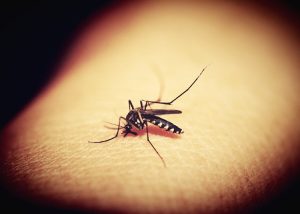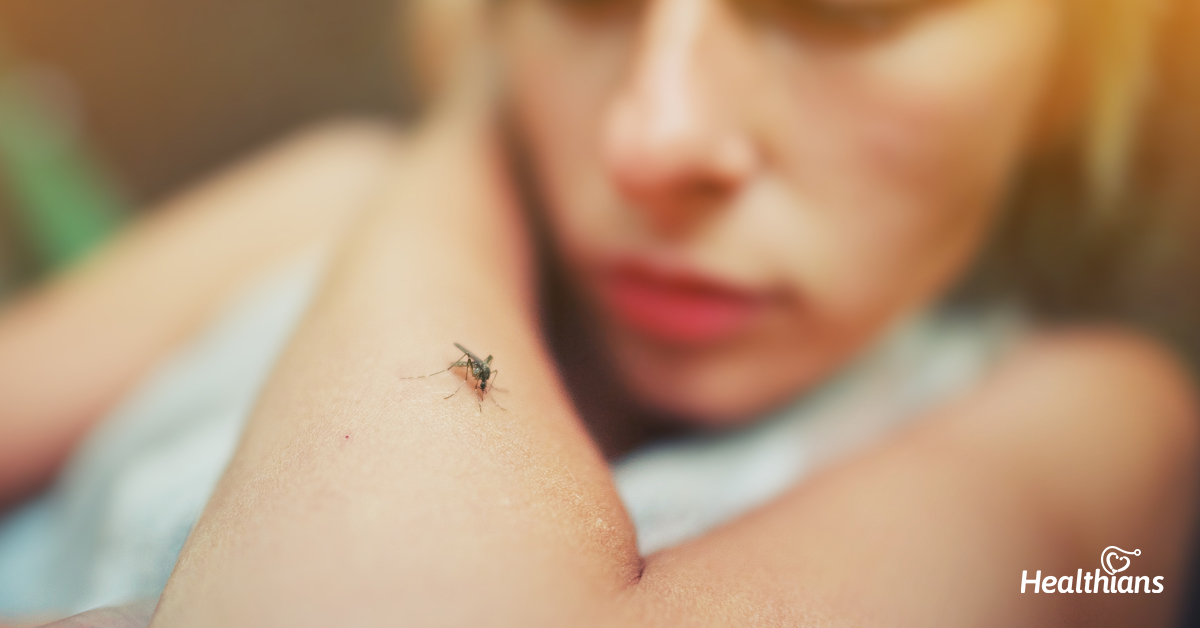Dengue is a viral infection transmitted to humans by the bite of mosquitoes. The primary vectors that transmit the disease are female mosquitoes of the species Aedes aegypti mosquitoes and, to a lesser extent, Ae. albopictus. These viruses are also known for spreading Chikungunya, Zika, and yellow fever. The virus responsible for causing dengue is called dengue virus (DENV). Dengue is viral throughout every region and the variation factor depends on climate parameters as well as social and environmental factors.

Throughout the tropics, with local variations in risk influenced by climate parameters as well as social and environmental factors. Dengue causes a wide spectrum of diseases from subclinical disease to severe flu-like symptoms in those infected.
The incidence of dengue has grown dramatically over the years. The majority of cases are asymptotic or mild and self-managed. Pre 1970, only 7 countries had experienced severe dengue epidemics. Now, it’s an epidemic in more than 100 countries, in the WHO region.
- Advertisement -
The virus is transmitted to humans through mosquito bites of female infected mosquitoes, human to mosquito transmission, maternal transmission, or via blood products, organ donation, and transfusions.
Symptoms like severe headache, pain behind the eyes, muscle and joint pains, nausea, vomiting, swollen glands, rashes ate most commonly detected. A patient enters what is called the critical phase normally about 3-7 days after illness onset. Warning signs that doctors should look for include: severe abdominal pain, persistent vomiting, rapid breathing, bleeding gums or nose, fatigue, restlessness, liver enlargement, and blood in vomit or stool.
Dengue is usually mild in children. The symptoms in kids are slightly different than in adults. Children report vomiting and petechiae. The incubation period may range from 4 days-2 weeks and the duration of the disease could be between 2-7 days. 1 in 20 symptomatic dengue cases can become severe and all this may happen in a matter of a few hours too. The pediatrician warns that dengue symptoms shouldn’t be ignored and warrants an immediate visit to the doctor. Severe dengue happens due to the lowering of platelets and/or plasma leak from the blood vessels. This can result in shock, internal bleeding, and even death.
Certain things if taken in mind can help prevent the spread of the disease;
- Using screens on doors and windows, and promptly repairing broken or damaged screens.
- Keeping unscreened doors and windows shut.
- Making kids wear long-sleeved shirts, long pants, shoes, and socks when they step outside, and use of mosquito netting over their beds at night.
- Use of insect repellent as directed on kids. Theone with DEET or oil of lemon eucalyptus is really useful.
- Limiting the amount of time kids spend outside during the day, especially in the hours around dawn and dusk, when mosquitoes are most active.
- Don’t give mosquitoes places to breed. They lay their eggs in water, so getting rid of standing water in things like containers and discarded tires, and being sure to change the water in birdbaths, dog bowls, and flower vases at least once a week.


